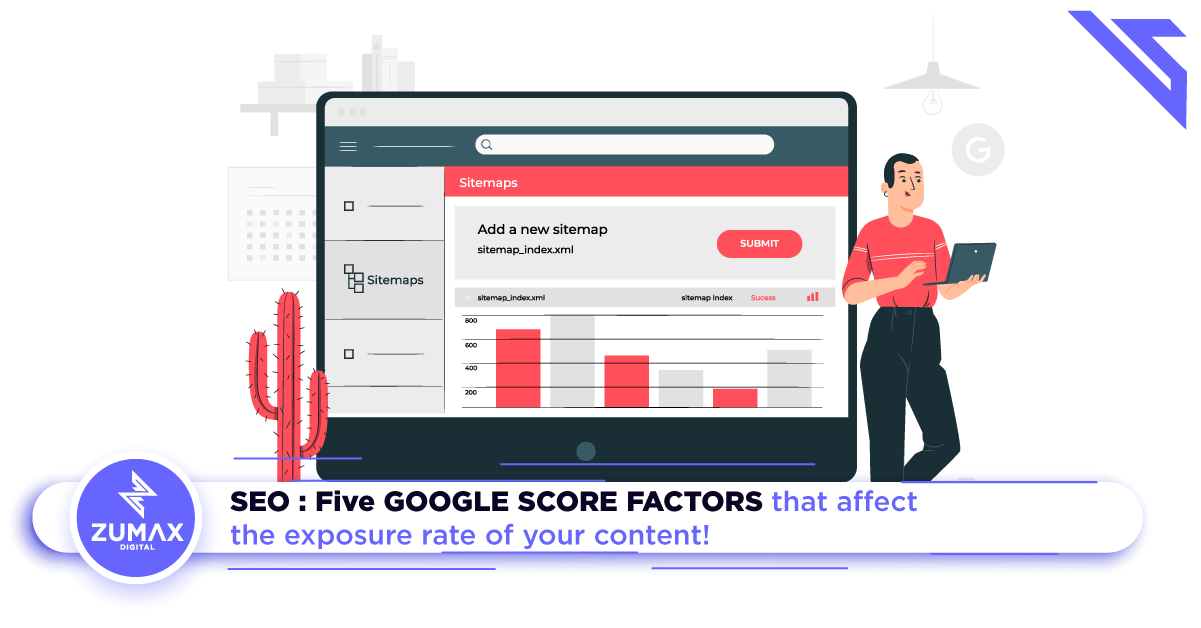Obviously, the most essential aim of search engine optimization (SEO) is ranking. To comply with Google’s quality criteria, digital marketers have recently disregarded the relevance of rankings and instead used more brand messages to Google’s search engines.
However, the ranking of the specified keywords on your website will always be significant until the search results are presented in the order of 1, 2, and 3. As a result, it’s not surprising that internal SEO specialists and agency marketers are always on the lookout for any minor adjustment that might get them closer to Google’s elusive number one spot. Here are five reasons that affect Google’s ranking of website keywords:
1. Include Keywords in the title.
For the first google score factors, as we all know, title tags are an important SEO element for a webpage. In general, the closer keywords of the topic become the title tag, the higher the chance of it becoming higher ranking in search engines. However, do note that it is not necessary to use the target keywords at the first word of the title tag, however if you have a keyword which can enhance the ranking of the content or webpage, you may try this. It’s ok!
2. The length of the content.
Secondly, regardless of the amount of the keyword queries, content length is typically linked with google ranks your website, because the top three result pages are on average 45 percent longer than the 30th place. Besides, long-tail keywords that Google rated “good site” are 20% longer than others. The top 10 Google search results are 1200 words long on average.
3. Link.
Third google score factors is about the link, to confirm that a high-quality external link is quite important, it include the total number of domain names and the total number of links in the outbound link listed in your article or websites. On average, the total number of domain names in the external links of the first results is twice than the tenth result of google.
4. Website visit.
Next google score factor is website visit, based on the related study, website visitor traffic has a significant influence on Google ranks. According to the findings, the number of users is a significant influence in high-volume terms, but a smaller number searches has minimal impact on Google results. Furthermore, while the search traffic appears to have little influence on Google ranks, direct traffic does affect the Google keyword rankings.
5. Impresses multimedia.
The last google score factor is multimedia used in the article, as we all know, text is playing a limited role in the factors of affect the ranking of the contents. It means that if a pages is containing only text will look bring and dull, it causing visual strain to the viewers. Therefore, the user’s lack of interest in reading will eventually result in a high bounce rate to the website, which will have an bad impact on SEO rankings by Google.
In addition, engaging photos, short videos and understandable graphs can minimise the bounce rate and length of visitors visiting the website. Reasonable multimedia usage offers a lot of benefits to the SEO rankings, it may assist you in improving the user engagements that Google is looking for.
Why does Google think that this is good content , because It boosts the perceived worth of the information on the website, making it easier for us to get high-quality external connections.





